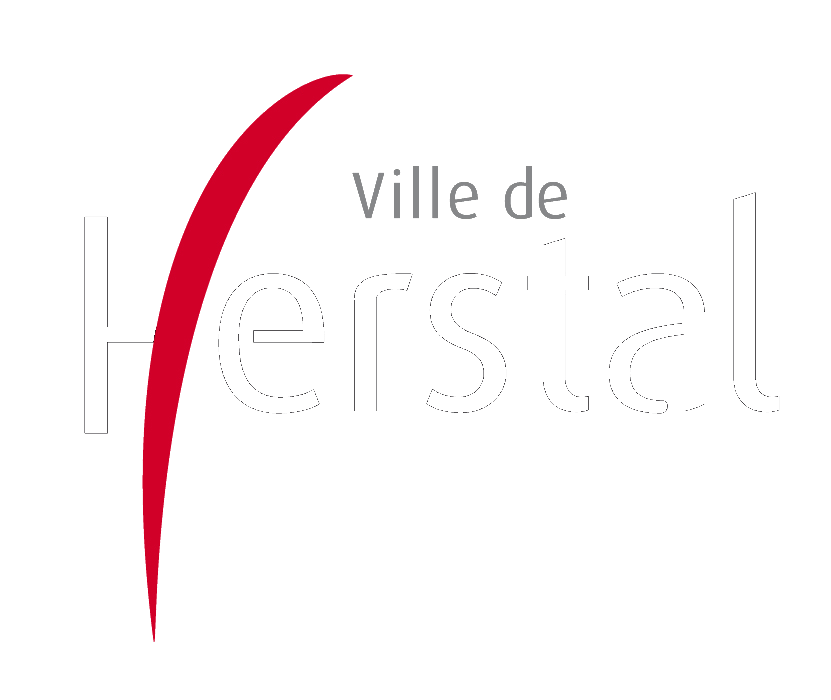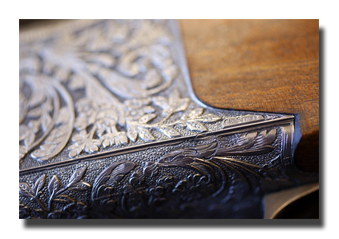History
Future industrious city with a worldwide reputation, Herstal was nevertheless first a rural land until the nineteenth century, with its wheat fields, orchards, vineyards, and even its hops.
The brewing industry, with its numerous footholds, such as the flour trade, inland water shipping, or even fishing, rivaled coal extraction, which started around the twelfth or thirteenth century, and also the emergence of the hardware business: nail-makers, clock-makers, etc. and also the weapons industry.Indeed, it was weapons that would give Herstal its letters of nobility, its international recognition, its fortune. The steel industry, particularly gunsmithing, would not develop until around the seventeenth and eighteenth centuries, to become the number one economic activity in the following century.
In 1889, the National Factory or Fabrique National (FN) of munitions would be created, following an order from the Belgian army to the group “United Arms Makers” for some 150,000 arms. Immediately after, the National Factory was established worldwide, making the famous Mausers, collaborating with J.M. Browning or buying out the Winchester brand. With time, the FN would become one of the largest Belgian employers, employing over 10,000 people in 1975.
Today, FN Herstal is an integral part of Herstal Group, 3,000 people strong worldwide – in Europe, the United States, and Japan, with 1,300 people in Herstal itself. Its shareholdings are today held completely by the Wallonian Region.
Beyond weapons, the FN is also distinguished in the production of bicycles, automobiles, trucks and trolley buses, and also in motorcycles. With the Herstal factories Saroléa, Gillet, Bovy and Brondoit, it produced what motorcycle history knows under the name of the Demoiselles de Herstal, a production that would unfortunately come to an end in 1965.
Around the FN and the Herstal weapons industry, made up of important businesses such as the Forges de Zeebrugge but also of a large amount of independent manufacturers and engravers, heavy industry also developed during the nineteenth and twentieth centuries, notably in ACEC, Electrical Construction Factories of Charleroi (12,850 jobs in 1950).




